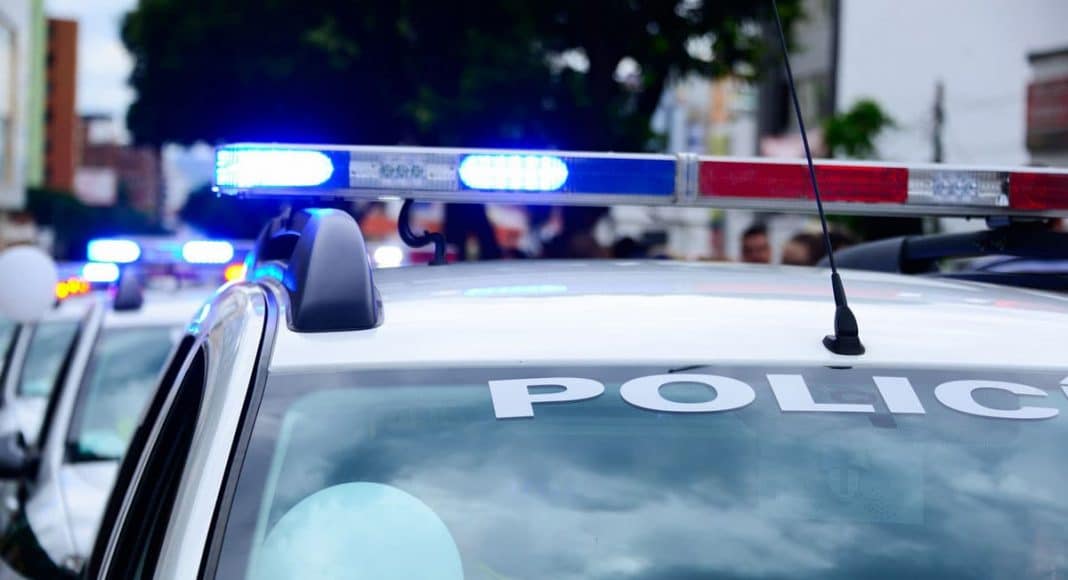Commuters and anyone else on the road April 20 might want to consider telecommuting or taking the bus. Assuming they already aren’t cannabis enthusiasts calling in sick.
A report earlier this week by The Journal of the American Medical Association reported that, after analyzing data from the National Highway Traffic Safety Administration, deadly crashes rise 12 percent after 4:20 p.m. through the rest of the day.
Researchers looked at records from April 20ths in the past 25 years. The crash was considered fatal if someone involved in it died within 30 days of it happening. Calculations showed 7.1 crashes per hour during that time period.
Similar incidents during the control group, the same time period a week before and after that day, were 6.1.
The increase is in line with the rise in risk on Super Bowl Sunday.
When the data was broken down by state, New York topped the list of fatal crashes on April 20 with Georgia second. Minnesota saw the smallest increase.
-
Related Story: Here Are The Top 10 Holidays For Marijuana Lovers
The unofficial cannabis holiday, known as 420 or 4/20, is observed by users lighting up their favorite herb (or chowing down on edibles if that’s their thing) on the day, notably at 4:20 p.m. The tradition’s origins got its start in San Rafael High School, just north of San Francisco. It is now celebrated around the world, sometimes in public as civil disobedience in places where use is illegal or heavily restricted.
Some researchers, members of law enforcement, and politicians have claimed that using cannabis impairs a driver similarly to alcohol. And many states, including those where the substance has been decriminalized or is now legal have added it to what constitutes “under the influence.” But those laws may not be effective, Jake Nelson of the American Automobile Association told MarketWatch. “There is no concentration of THC that would allow us to predict impairment among drivers.”
-
Related Story: You Can Now Buy Legal Marijuana Online In Canada
Researchers pointed out the risks to the general public during that time, not just celebrants, which is despite the fact that “the vast majority of Americans do not celebrate 4/20,” study authors John Staples and Donald Redelmeier wrote. If its popularity continues to increase, so too may the number of traffic fatalities.


